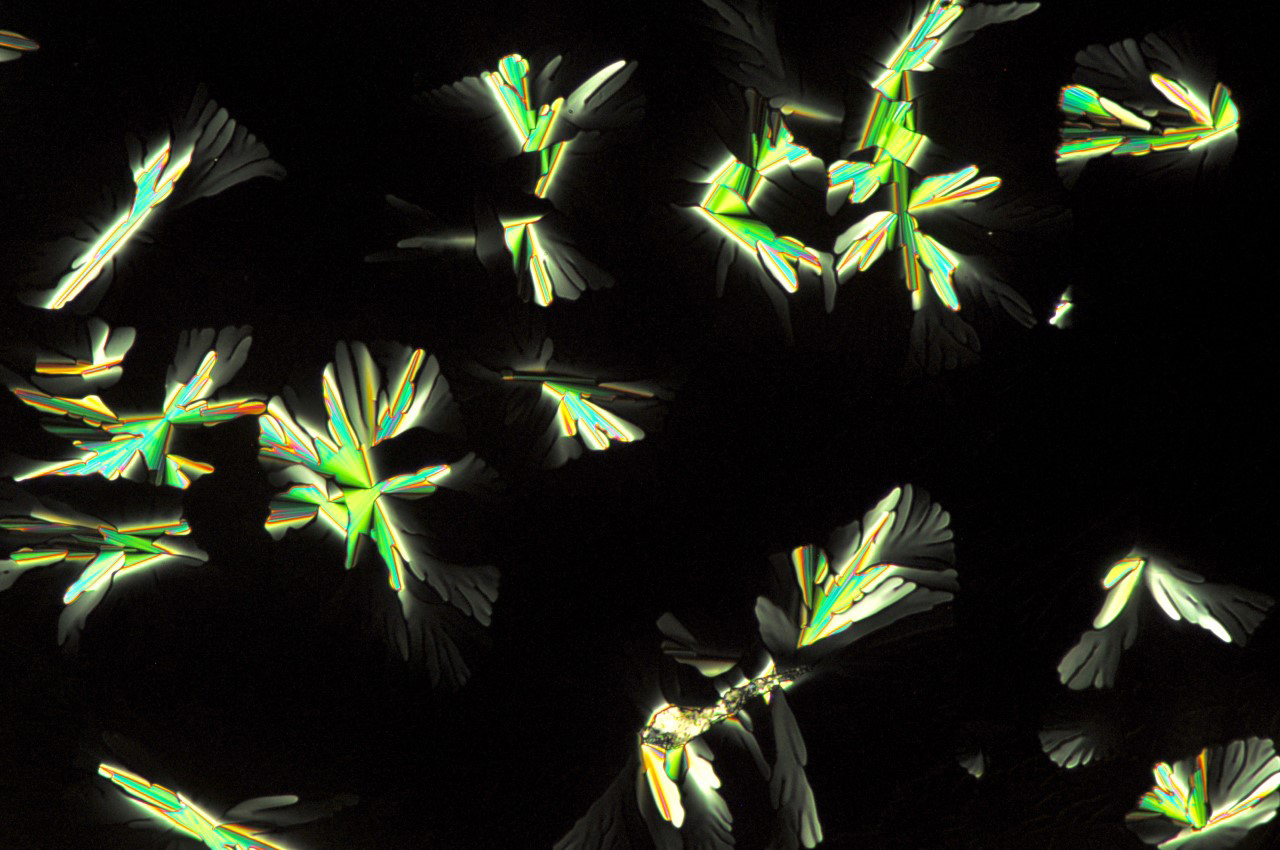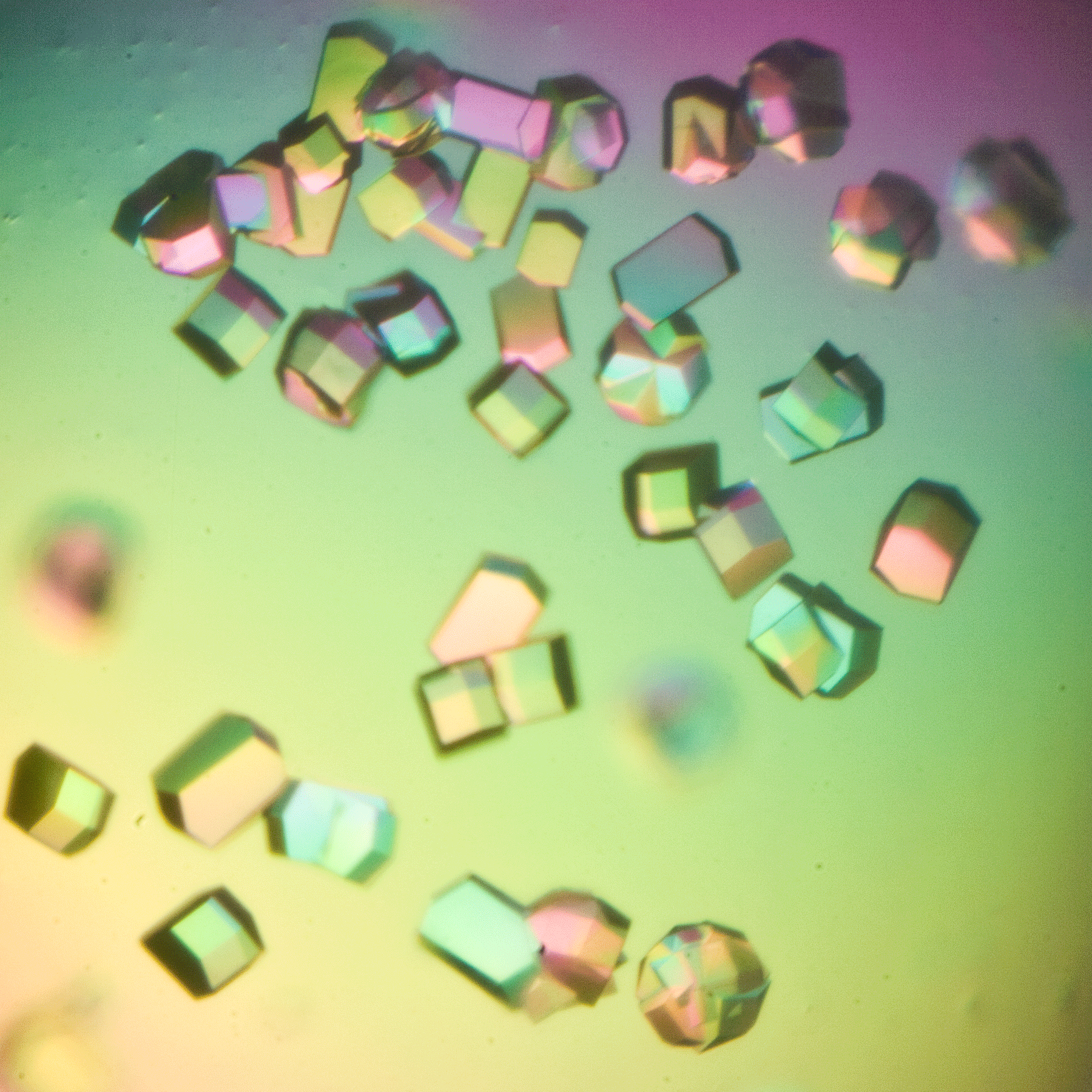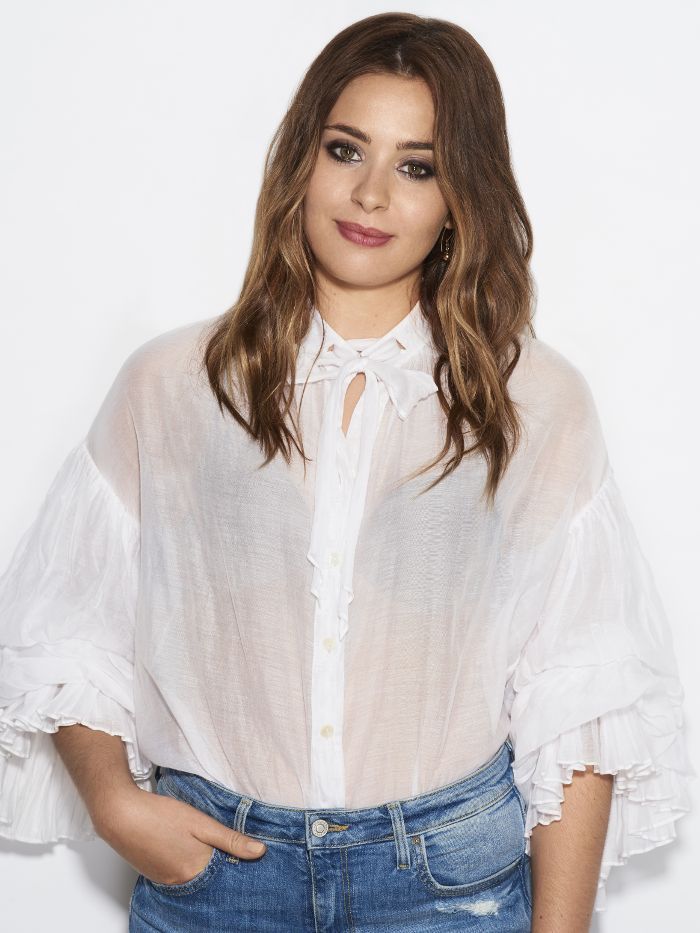News feed
The phrase ‘ask and you shall receive’ has never been truer than in the instance of skincare advice on the internet. There are 101 opinions on everything, and that’s only in the comments section. The disparity though is mostly valid, given everyone’s skin and experience with a product is different, but it also makes things complex when it comes to choosing what to believe (and what to buy).
Skincare brands themselves are designed to sell a dream, so separating marketing claims from the facts is no easy feat, especially given it’s a billion-dollar industry. Instagram has really served to level this playing field, holding industry players more accountable for the things they say and the products they make. The social media platform has provided consumers with a direct line of communication, thus a greater demand for transparency has ensued.
It’s this quest for the truth (and great skin) that’s seen the way we seek out product-related advice change. Brand or traditional influencer marketing used to be the start and end point when it came to choosing a new serum or moisturiser, but for some skincare buffs, they’re after a deep-dive analysis into the formula and ingredients used. And given that conditions such as acne or pigmentation might be at play, it’s a pretty valid request. Also, skincare can be damn expensive, so viable results are the aim of the game.
It’s this inclination that’s seen a new frontier of ‘influencers’ finding their way into our feeds almost by accident. Not models or actresses or the sartorially inclined, but chemists, skincare formulators, and scientists. They’re unbiased, savvy and understand how to separate the good products from the marketing fluff. They’re also not in the business of curating an aesthetic feed – some aren’t even in the business of Instagram at all. Rather, they’re serving up science-backed facts, and social media is here for it. It almost feels like cheating the system – a quasi-appointment with a professional but without the hefty price tag.

THE COSMETIC FORMULATOR
Stephen Alain Ko is the perfect example. His Instagram, Kind Of Stephen, has a follower count in the tens of thousands thanks to his skincare insights and industry article round-ups (search #BeautyRecap to see what we’re talking about). His grid is a quirky melange of poreless selfies, beauty memes and close-up shots of science experiments. A cosmetic formulator by trade, he created his account as just a personal one until he started posting content aligned with his blog of the same name. The blog was created simply to help him make sense of all the stuff he was learning as a formulator – it’s not expertly designed or here to boast about its UEX, but rather an encyclopaedia of all things cosmetic science.
Alain Ko quotes research as well as his own insights on his social profile, investigating topics like sun protection (the most important part of any routine), the correlation between milk and acne (needs further research, but there is evidence to suggest there’s a link), and dissects ingredients like niacinamide in detail (a superhero). He also has glass skin, so it’s no surprise his comments and DMs are proliferated by skincare junkies, desperate for his advice on theperfect routine. Interestingly though, Alain Ko doesn’t consider himself an influencer, despite his cult following and the fact that his advice is their gospel.
“I don’t really talk about my personal beauty routine, so I’m not sure if I’m an influencer,” he says, before adding that his interest lies in the science that goes into formulating, and getting people interested in the research behind it.
It’s for this reason that he abstains from sponsored content and rarely talks about certain brands explicitly. “I try to remain as unbiased as possible, and that’s something I may not be able to do if I have friendly relationships with brands,” he explains. He is, however, teasing the upcoming launch of his very own product and drip-feeding his followers a steady stream of insights into a vitamin C formula he’s been working on for years. The anticipation is fever pitch – an incredible display of his influence in beauty.

THE SCIENTIST
Michelle Wong of Lab Muffin Beauty Science also chooses to capitalise on her 104,000 followers, but unlike Alain Ko, she does engage with sponsored content now that her following has ballooned. “Collaborations have been a natural progression,” she says. “I’m very selective about the brands I choose to work with… they need to have products I personally enjoy using. They also need to be reasonably scientific in their approach, which is exceedingly rare.” One of her posts, created in partnership with beauty brand Vice Versa, is a deep dive into the process of how micro-needle plumping patches break through the skin’s outer layer via a group of tiny needles, delivering ingredients like hyaluronic acid and peptides to deeper layers of the skin. She’s a fan, and given her skincare-related expertise, her followers now are, too.
Wong, who is a science educator with a PhD in medical chemistry, always had a keen interest in skincare, thus sending her on a path to learn how ingredients interact (or don’t interact) with the skin. Her grid debunks myths and reviews specific products – it’s not dissimilar to a regular beauty influencer account, but with scientific insights and factual validation. She also hones in on trends and buzzwords like crystals (BS, says Wong), CBD (she’s a sceptic) and the natural skincare movement (Wong’s not its biggest fan, but doesn’t think it’s going anywhere any time soon).
She’s a firm believer in SPF though, and actives like retinoids, vitamin C, niacinamide and exfoliating acids. “I’m very happy to see more people incorporating sunscreen into their daily routines, since it’s the best anti-ageing product available.” Preach.

THE CHEMISTS
Victoria Fu and Gloria Lu both worked in product formulating until they launched their Instagram, Chemist Confessions, as a last hurrah in beauty. They thought that consumers might want to better understand how ingredients work, and thus be better able to navigate a hugely saturated market. Like Wong and Alain Ko, they struck a chord, and their account has gained almost 87,000 followers to date. “We started our account to see if anyone even wanted to hear a more technical perspective on skincare,” explain the duo. “We’re still amazed as to how the Instagram has grown.”
Their thing is decoding ingredients lists so people know what they’re actually buying when they exchange cash for creams. Heavyweights like Glossier, Bioderma and SK-II have all made an appearance, and while the account is an honest and factual place, there’s no brand bashing – just the laying out of the facts.
Fu and Lu have launched a skincare brand of their own (that came after the success of Chemist Confessions), which is interesting given they often sing praise to what would be considered competitor products. When asked, their answer as to why was simple: “We hope to never make our accounts exclusively just our own products. It’s not really what we’re about, because our ultimate goal with this was to add some transparency to the industry and help educate. We also formulate and create our products with that goal in mind. We hope to create a collection of meaningful pieces to elevate someone’s routine.”
It’s a rare but appealing mix, and one that makes it easy to understand why skincare consumers are turning to these accounts to determine the products they buy. Beauty, in its entirety, is a fun industry; one that shouldn’t take itself too seriously. It is peppered with ideas and self-expression, but given its lack of regulation, misinformation is absolutely an issue, and one that these type of Insta accounts are looking to rectify, one grid post at a time.









